About Me
Olee Hoi Ying Lam
Ph.D. candidate at the University of Wisconsin-Madison, co-supervised by Dr. Philip Townsend (Forestry) and Dr. Amanda Gevens (Plant Pathology), researching the use of imaging spectroscopy for potato disease monitoring. Passionate about applying remote sensing technologies in agriculture and conservation, with a focus on site-specific monitoring and decision support systems.
Committed to open science and knowledge sharing, with numerous presentations at conferences and scientific workshops. Previous research involves developing an open-source workflow for detecting invasive species in grasslands using drone imagery (M.Sc. in Information Engineering and Computer Science), and leading the development of the ‘rtry’ R package for preprocessing plant trait data (Max Planck Institute for Biogeochemistry).
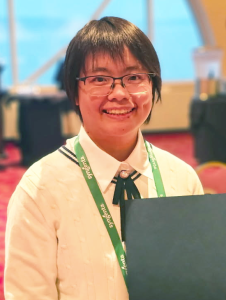
Research Projects

TRY Plant Trait Database
TRY is a network of vegetation scientists headed by Future Earth, the Max Planck Institute for Biogeochemistry, and iDiv providing free and open access to plant trait data for ecology and earth system sciences. The TRY initiative has integrated more than 400 datasets, including both original datasets and collective databases.

THE Port 2019
THE Port Humanitarian Hackathon is organised by THE Port Association, hosted by IdeaSquare, CERN with partners from other non-governmental organisations. It is a three-day problem solving workshop hackathon that is devoted to humanitarian, social and public interest topics.

SPECTORS
This is a Dutch-German cooperation project is funded by INTERREG V-A Deutschland-Nederland, with the total fundable costs of SPECTORS amounts to approximately 9.8 Million Euro. The strategic initiative is High-Tech Systems and Materials focusing on ground-based as well as airborne remote sensing technology.
Thesis
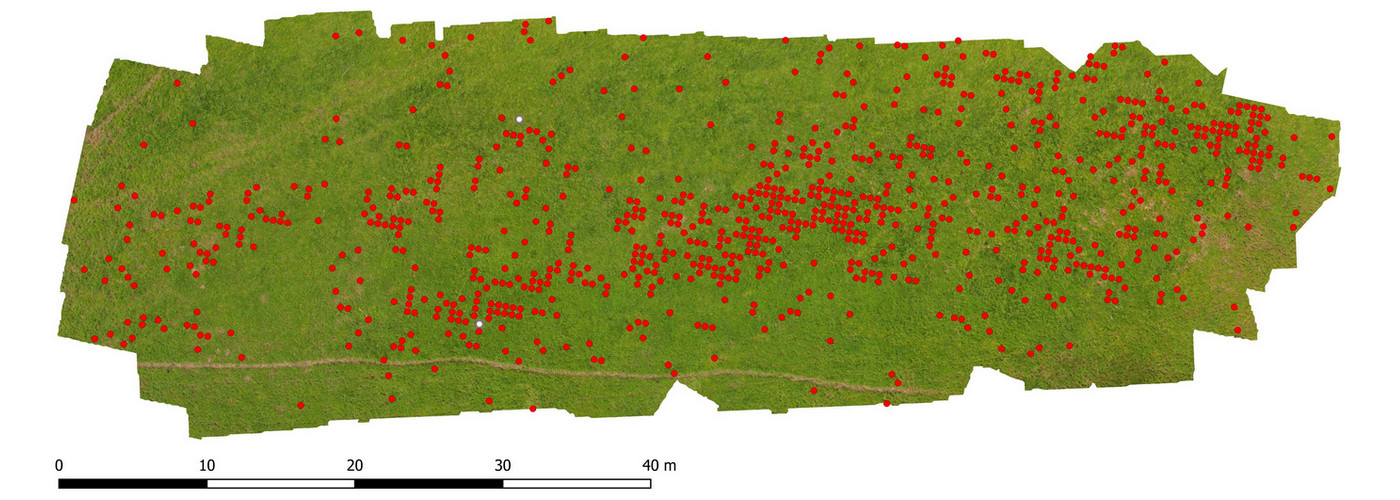
An Open Source Workflow for Weed Mapping in Native Grassland using Unmanned Aerial Vehicle
This thesis detailed the process adopted for the development and implementation of an open source workflow to map specific weed species in native grasslands using aerial RGB images. The research conducted was multidisciplinary in nature and was part of the SPECTORS Project.
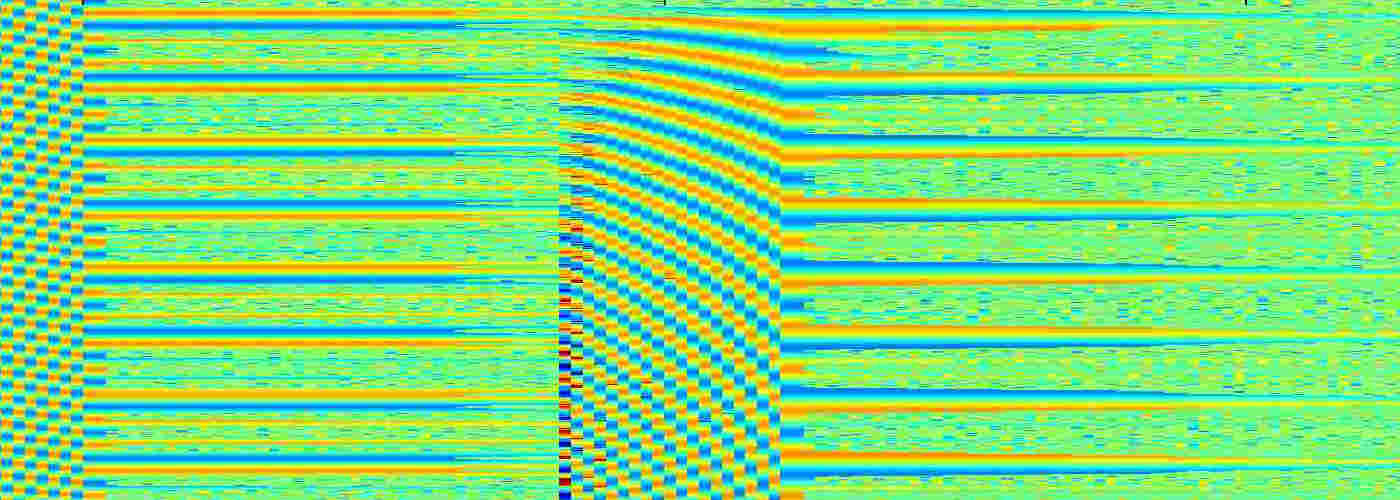
Radar Signal Distortion caused by Directional Vibration of a
24 GHz FMCW System
This thesis is an initial attempt to investigate the influence of mechanical vibrations on the 24 GHz FMCW radar developed by IMST GmbH and develop a simple vibration compensation model for the human tracking algorithm.
School Projects
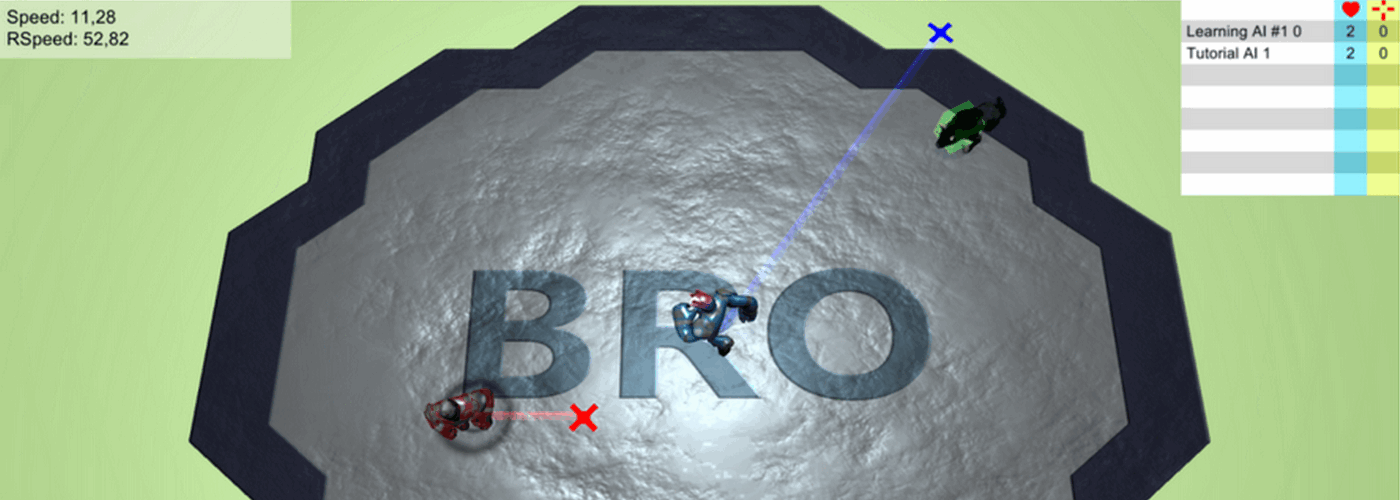
BRO – Developing Learning AI for the Game BRO
This project conducts research on applying deep learning (machine learning technique) to train a learning AI (agent) to play the game Beastly Rivals Onslaught (BRO).
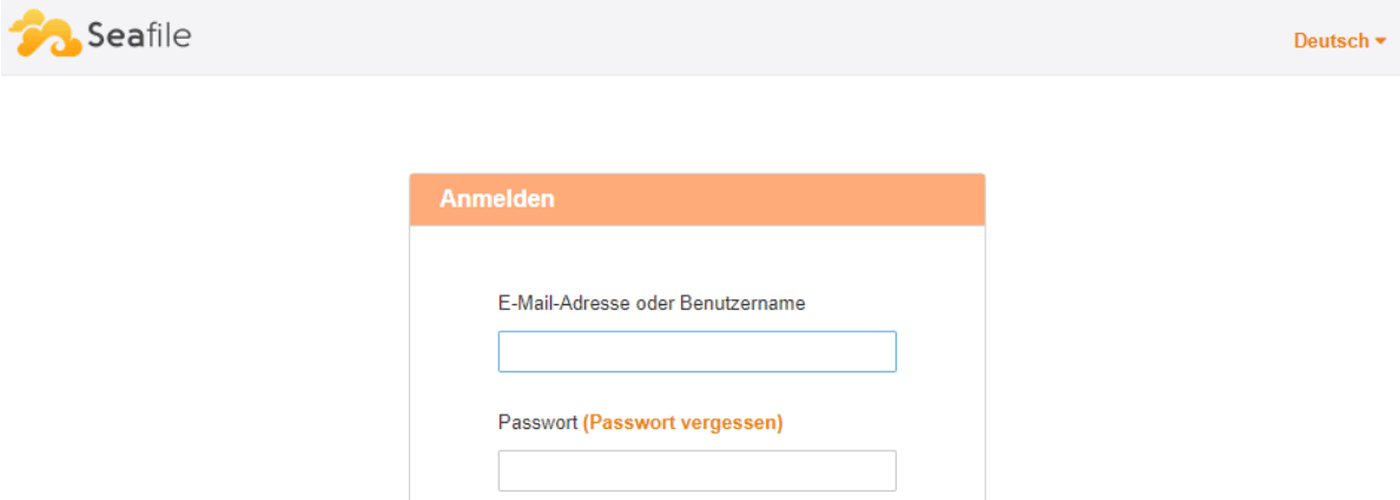
Cloud Cluster using
Raspberry Pi
This project is about creating a file storage cloud cluster, a distributed system, using Seafile on multiple Raspberry Pis.
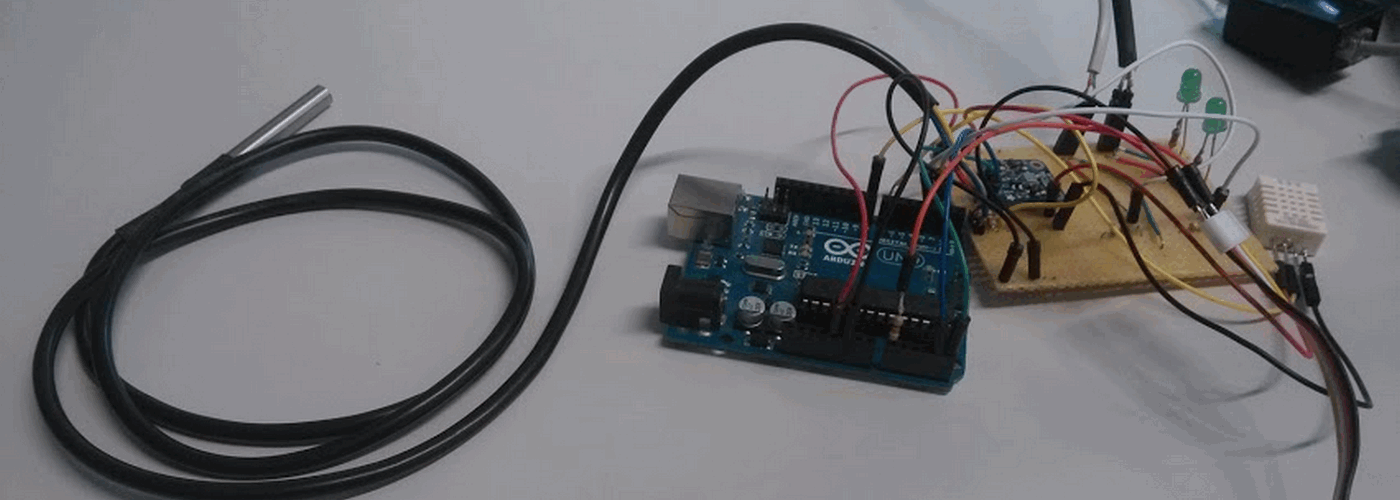
Weather Station using
Arduino and Raspberry Pi
In this project, a real-time embedded weather station which is able to measure temperature, humidity, pressure, ground temperature, ground moisture, rain quantity and wind speed is built.
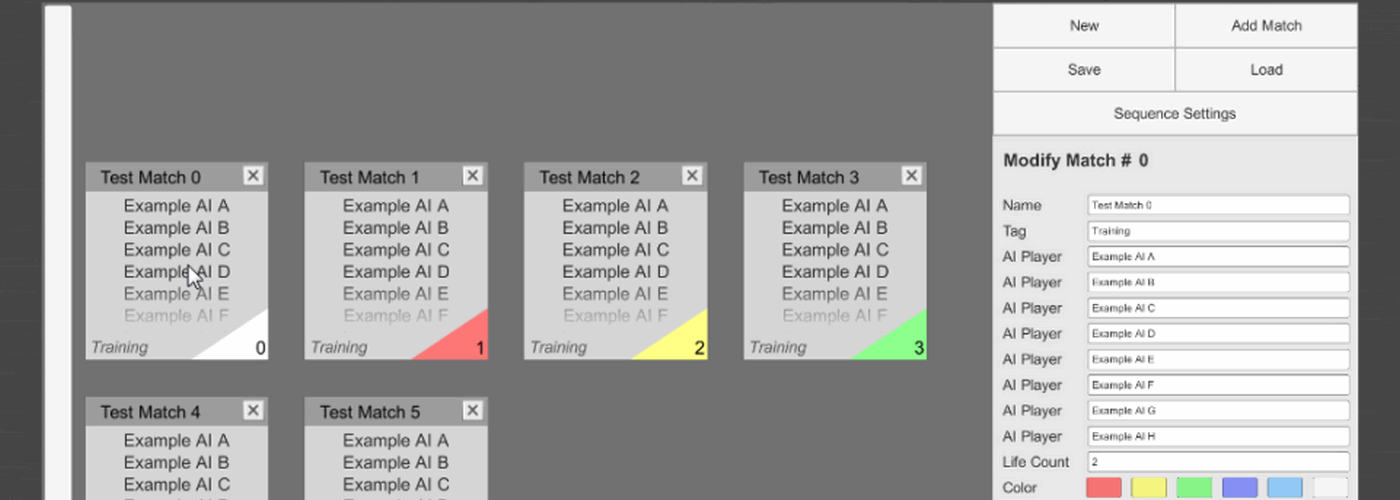
BRO – Developing an Experimental Subject for Learning AI Research
This project is about turning Beastly Rivals Onslaught (BRO) into an experimental subject for conducting research in the field of artificial intelligence (AI), particularly learning AI.
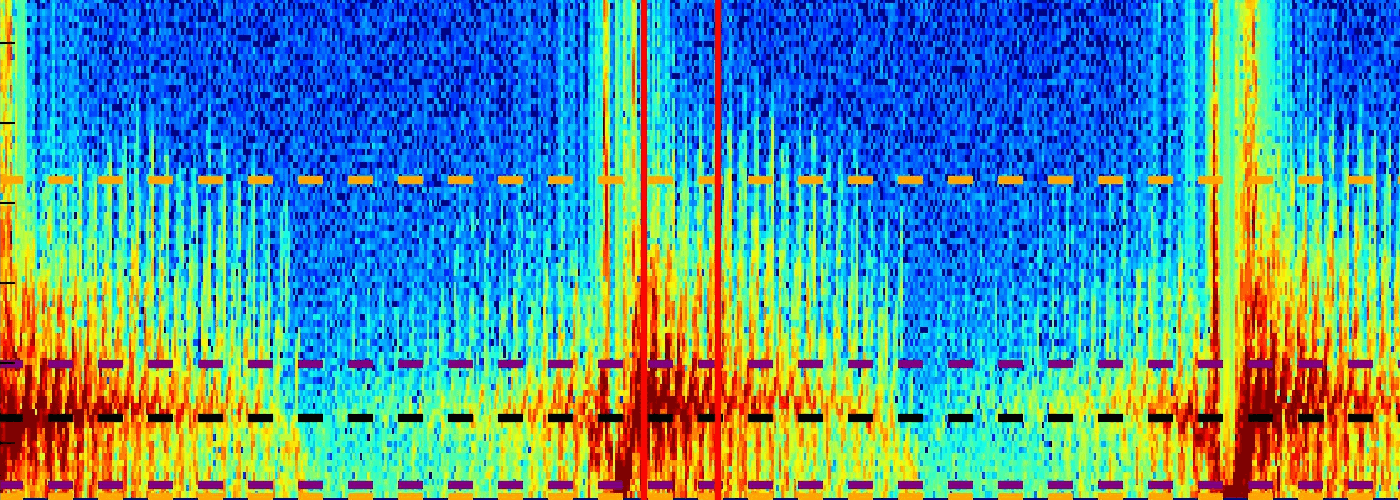
Micro-Doppler Radar – Classification of Moving Targets
This project explores the potential of using radar as a remote sensor for security and perimeter protection applications. The project is conducted at IMST GmbH during a 20-week internship.
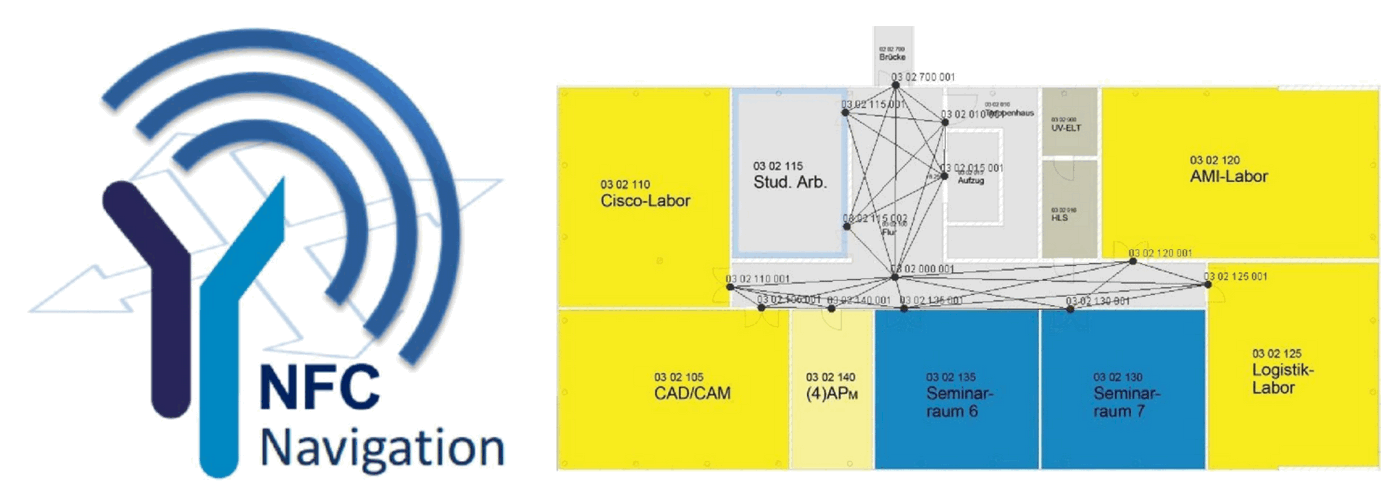
NFC-based
Indoor Navigation System
This is an interdisciplinary project (group project) in which a NFC-based navigation system is developed for the Kamp-Lintfort Campus of Hochschule Rhein-Waal.
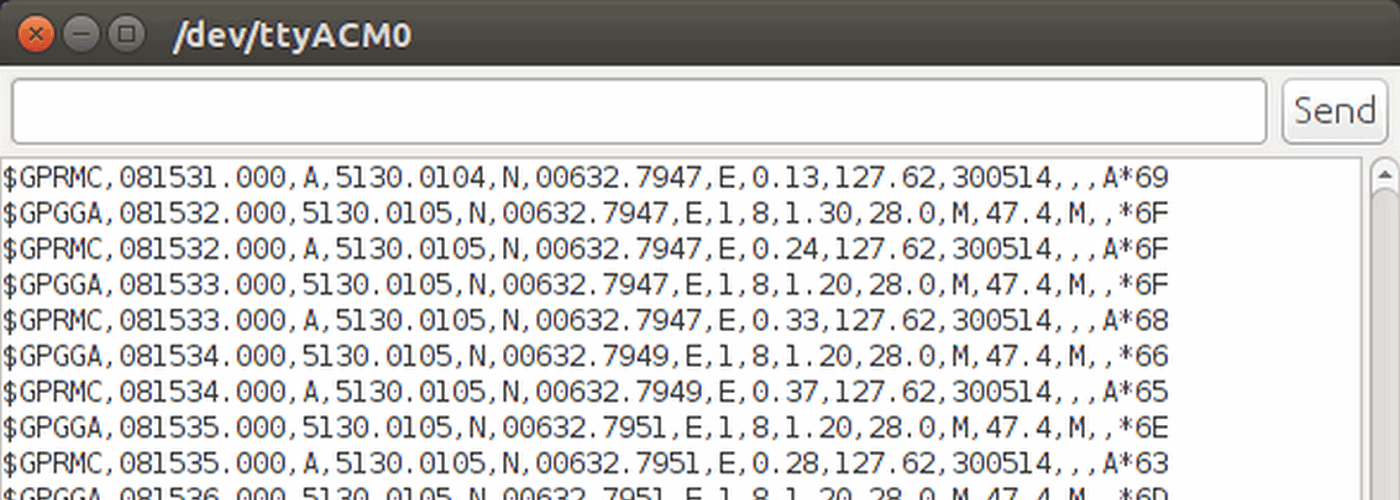
GPS Receiver with
Extended Data Output
In this project, a GPS module with extended data output is connected to an Arduino board so as to build a home-made and cheap GPS receiver.
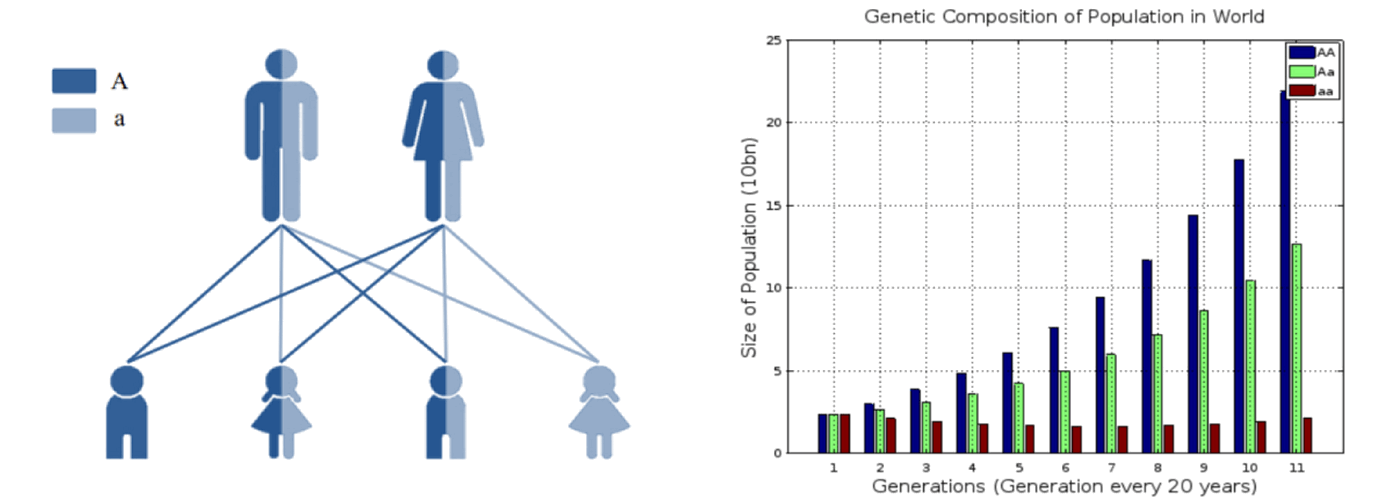
Case Study on
Population Genetics Simulation
This project uses a simple population genetics simulation to demonstrate the importance of premarital checkup. Thalassemia has been used as an example.